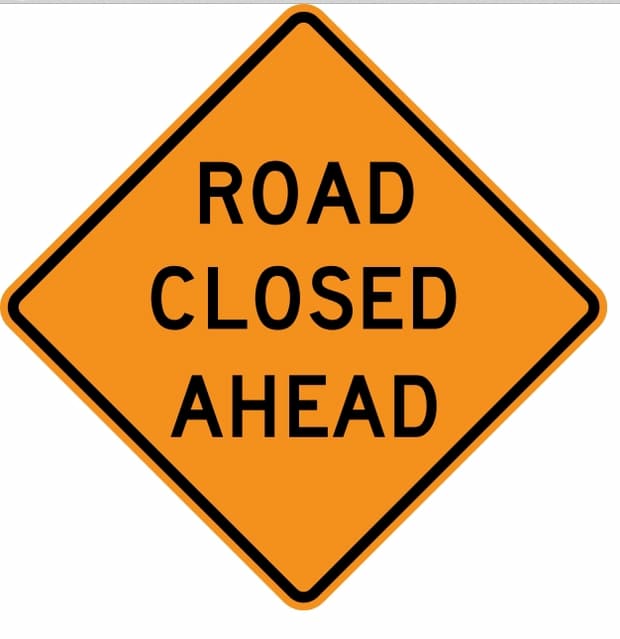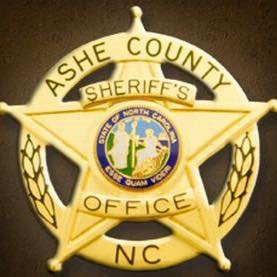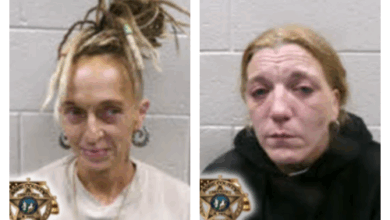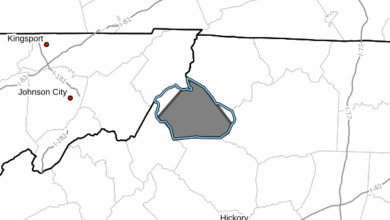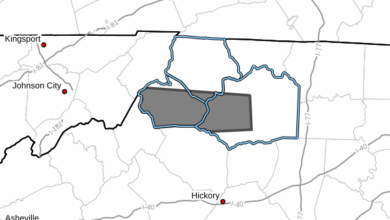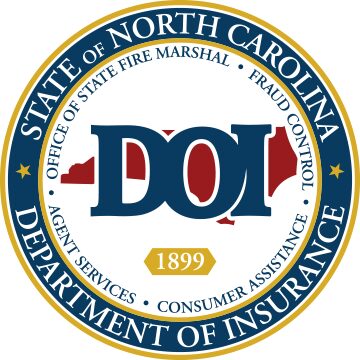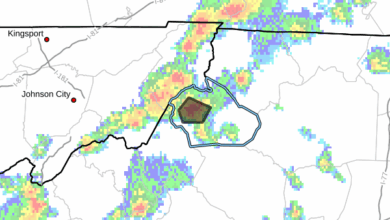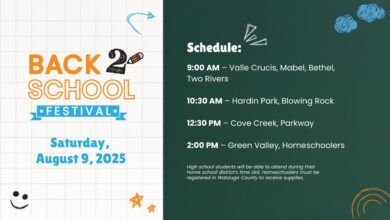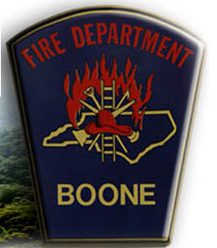
Last Updated on November 16, 2022 11:25 am
As the temperature outside drops, Boone families take to the indoors to keep safe and warm. What they may not realize is that turning up the heat can increase the risk of home heating fires.
According to the National Fire Protection Association (NFPA), half of all home-heating fires occur during the winter months. On average, NFPA research shows that heating equipment is involved in more than 56,000 reported U.S. home structure fires per year, with associated loss of more than 470 civilian deaths, more than 1,490 civilian injuries and roughly $1.0 billion in direct property damage per year.
“While these numbers are frightening, nearly all of these fires are preventable,” said Jacob Burleson/Fire Prevention Captain. “We can reduce the number of home heating fires in our community by taking some simple precautions and using heating equipment properly.”
NFPA and Boone Fire recommend some simple home heating safety tips, so residents can help keep our community safe and warm this fall and winter.
- Install UL approved smoke alarms in every bedroom, outside each separate sleeping area and on every level of the home. Interconnect all smoke alarms throughout the home so that when one sounds, they all sound. Test smoke alarms at least once a month and change batteries annually.
- If you heat with fossil fuels such as fuel oil, kerosene and propane, or if you burn wood or your home has an attached garage, you should install carbon monoxide alarms.
- Install and maintain a carbon monoxide alarm outside each separate sleeping area, on every level of the home, and other locations as required by laws, codes or standards.
- Never use an oven to heat your home.
- Practice your home fire escape drill.
- Have your chimney inspected each year by a qualified professional and cleaned if necessary.
- Use a sturdy fireplace screen.
- Allow ashes to cool before disposing. Dispose of ashes in a metal container with tight fitting lid and store it at least 10 feet away from the home.
- Space heaters and wall heaters need space. Keep all things that can burn, such as paper, bedding or furniture, at least 3 feet away from heating equipment.
- Turn portable heaters off when you go to bed or leave the room.
- Only plug power cords into outlets with sufficient capacity and never into an extension cord. Only plug one heat-producing appliance into an electrical outlet at a time.
- Inspect for cracked or broken plugs or loose connections. Replace before using.
For fuel assistance, contact the National Energy Assistance Referral Line at 866-674-6327 or email energyassistance@ncat.org.







